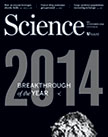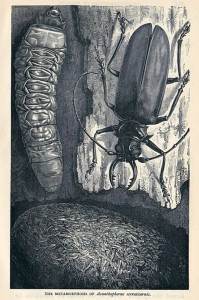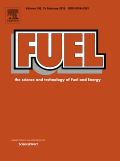
A paper estimating the effects of limiting fast food meals with toys to under 550 calories has been retracted after concerns arose regarding the scientists’ use of an outdated model for estimating weight changes in kids.
The paper estimated that kids who eat fast food twice a week would avoid gaining two pounds a year if calorie limits are imposed on meals with toys. However, everyone we spoke to, and the notice, indicated that their estimate was inaccurate.
Here’s the notice for “Modeling Potential Effects of Reduced Calories in Kids’ Meals with Toy Giveaways”:
Continue reading Paper recommending calorie limits on Happy Meals retracted







 A Korean stem cell journal has retracted a paper on a controversial Italian treatment that involves harvesting stem cells from bone marrow and injecting them back into the patient.
A Korean stem cell journal has retracted a paper on a controversial Italian treatment that involves harvesting stem cells from bone marrow and injecting them back into the patient.